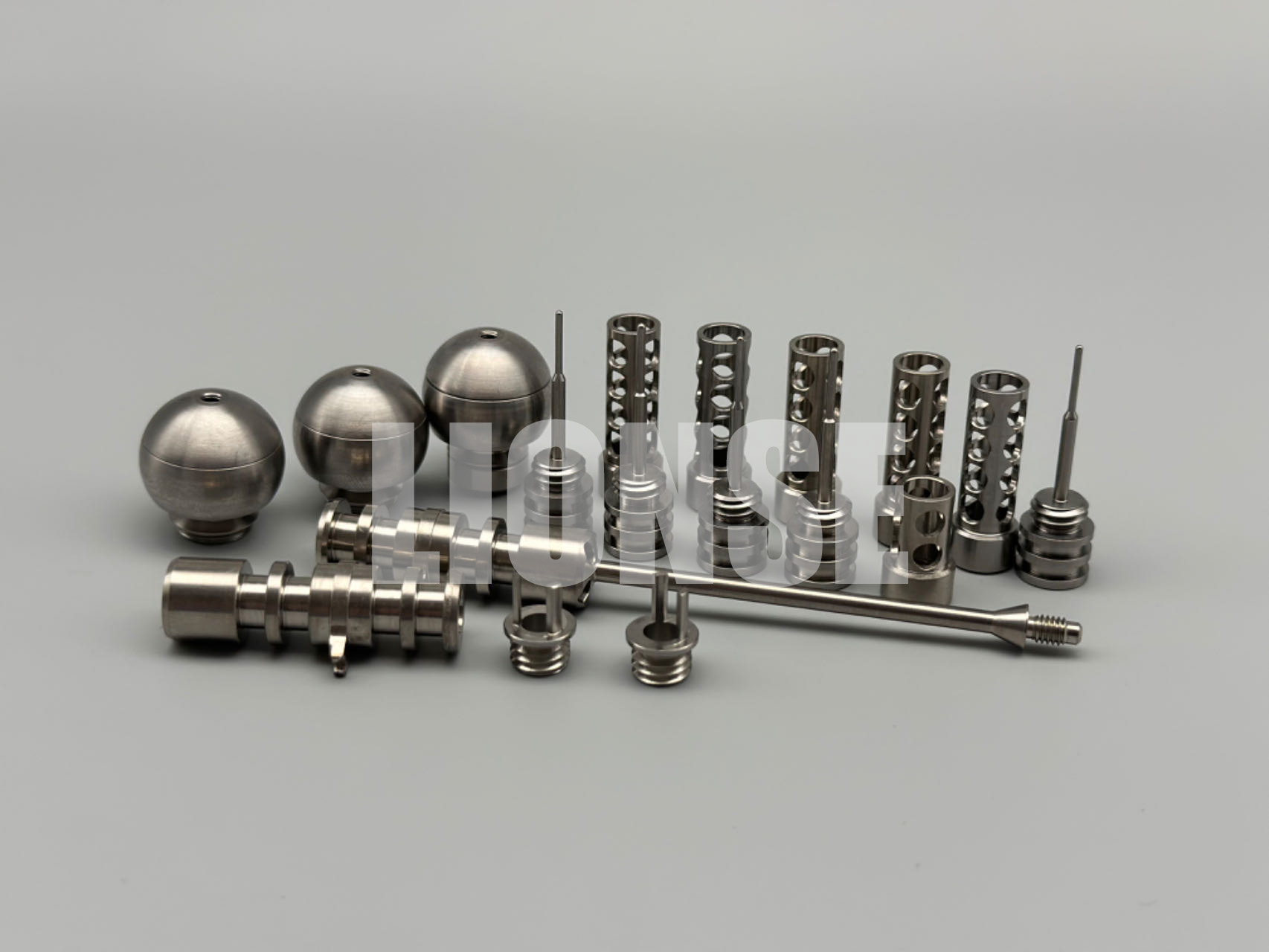

Titanium alloys can also be classified according to their alloy composition and microstructure, mainly divided into the following three categories:
1. α-type titanium alloy
α-type titanium alloys are alloyed primarily by oxygen, and although they may contain trace amounts of carbon and iron, these elements are present only as impurities. Between different grades of commercial pure titanium (CP-Ti), the main difference is the difference in oxygen content, the higher the oxygen content, the higher the strength of titanium, but the ductility is relatively reduced.
α-type titanium alloy has excellent corrosion resistance and high temperature properties, can not be strengthened by heat treatment, low strength, but good weldability and creep properties.
2. Near-alpha alloy
Near-alpha titanium alloys are one of the most common high temperature titanium alloys. This type of alloy is suitable for high temperature environments because it has both the excellent creep resistance of α titanium alloy and the high strength of α + β titanium alloy. At present, however, its maximum use temperature is usually limited to 500 to 550°C.
3. β-type and near-β-type titanium alloys
β titanium alloy is another important titanium alloy material. The basic principle is to add enough β-stable elements to titanium to promote the formation of β-phase. High strength can be obtained by quenching and aging treatment.
4. α + β titanium alloy
These alloys are usually medium to high strength materials, with tensile strength ranging from 620 to 1250 MPa and creep resistance suitable for 350 to 400°C. In addition to excellent tensile properties, they also have good low - and high-cycle fatigue properties and high fracture toughness. It can be strengthened by heat treatment and is the most widely used type of titanium alloy.
5. Other special titanium alloys
Titanium nickel alloy (TiNi) : with shape memory effect, used in medical devices, smart materials.
· Titanium aluminum alloy (TiAl) : ultra-high temperature alloy, suitable for aerospace engine blades.
· Titanium tungsten alloy (TiW) : high hardness, often used in wear-resistant coatings, electronic devices.

Should you have questions, the Technical Sales Experts at LIONSE are ready to help. Serving industries and businesses across North America and Canada for more than 15 years, we understand the complexities of alloy piping and the needs of your industry. Email us today for additional information and to find the ideal parts for your next project.